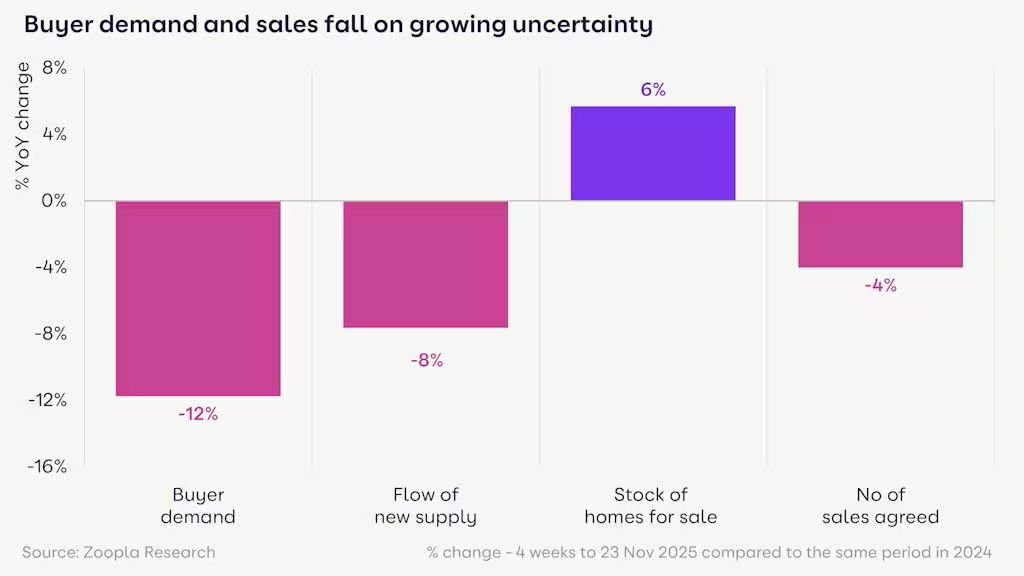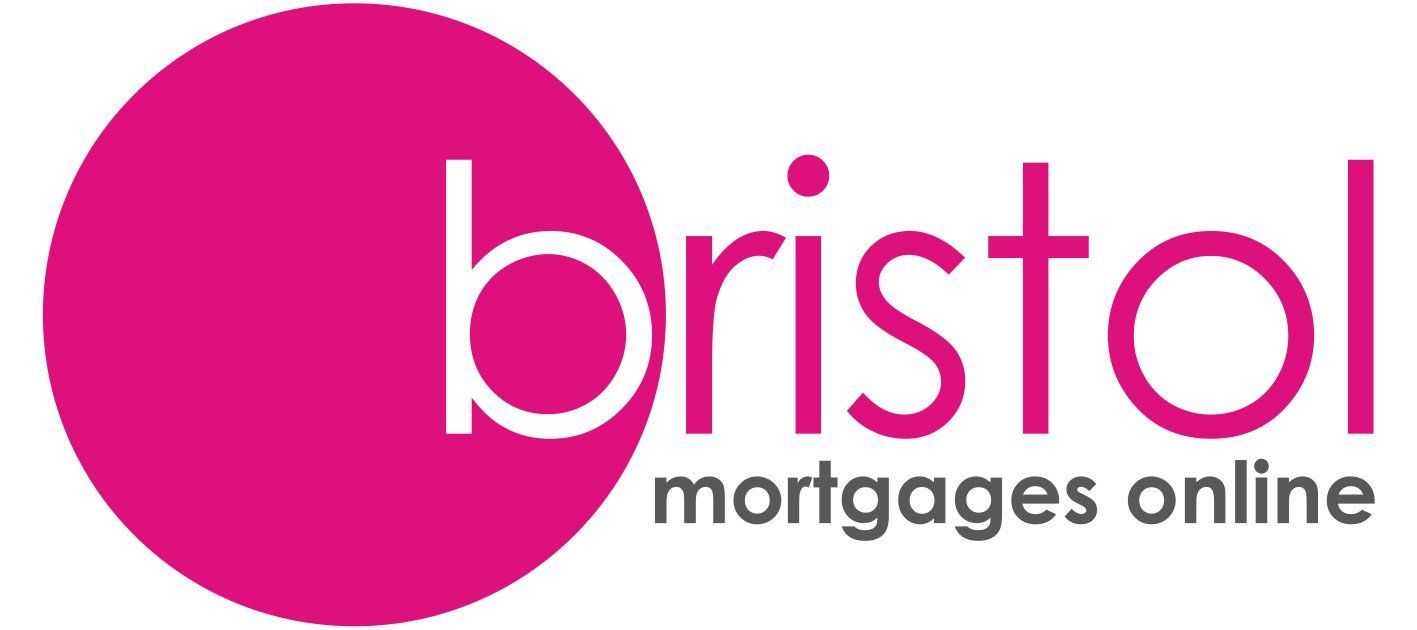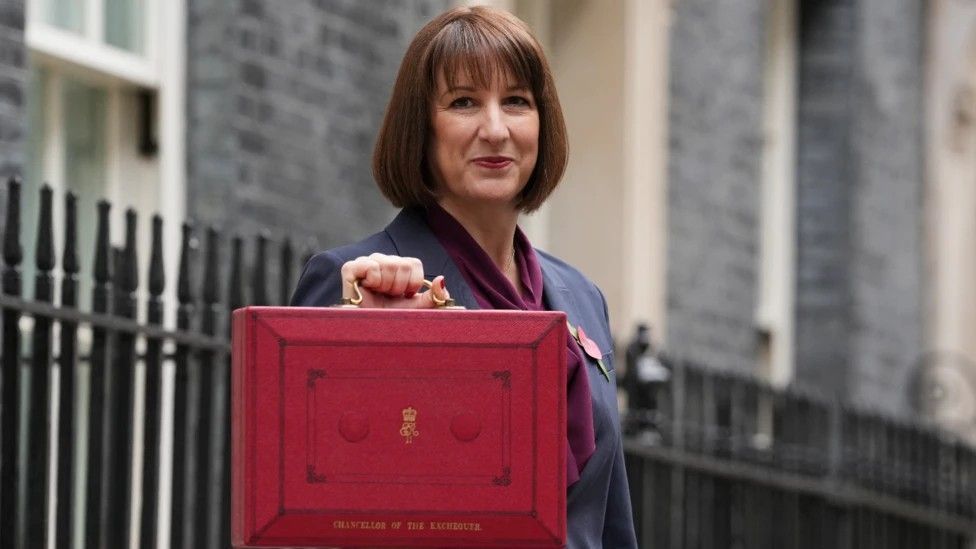17 Great Tips to Help you improve your chances of getting a Mortgage Part 2

Here at Bristol, Weston, Bath and Exeter Mortgages Online, we understand that getting your first mortgage, or even a remortgage, especially if your circumstances have changed, may look like an impossible task, but we are here to help.
We hold your hand from your initial enquiry through to the completion of your purchase. It's not that tricky and there are ways you can improve your odds and boost your chances of a successful mortgage application.
You'll need to be as attractive as possible to lenders if you want to get the best mortgage deal. Here are some top tips on how to boost your chances of getting the deal you want. 17 tips adapted from www.moneysavingexpert.com.
This blog includes Tips 11 to 17, please see our most recent blog for tips 1 to 10
Tip #11 Stay out of your overdraft.
If you're constantly in your overdraft, this could be seen as living close to the edge of your finances, so avoid it if possible. In fact, some lenders may not tolerate you being in your overdraft at all in the last three months.
And if you've no choice but to be in your overdraft, should you really be getting a mortgage?
How we will help you: As before, it is important that we present you to a potential lender in the best possible light. They will require balances of all bank accounts and credit cards, so the healthier these balances are, the more attractive you look to get the best possible deal.
Tip #12 Make paying your rent boost your credit score.
Do you pay your rent on time? If so, there's a free scheme which millions of private renters can use to make paying rent boost their credit rating.
Private tenants can opt into the free Rental Exchange scheme. Launched in March 2016, it records your rental payments and sends the results to credit reference agency Experian.
How does it work?
You pay your rent to a third party called Credit Ladder. Credit Ladder passes on your payment to your landlord or lettings agency and tells credit reference agency Experian whether you've made the payment on time. Experian then updates your credit file accordingly.
If you know you'll be able to pay on time and you're trying to improve your credit rating or build up a credit history, this can be a clever way to make your rental payments count towards that. Of course, if there's a risk you're going to miss payments it could harm your rating.
How we will help you: If you are talking to one of our Advisers at the early stages of your property search and currently renting, this may well be worth considering. Click here to find out more www.experian.co.uk/rental-exchange
Tip #13 Put down £100 extra on top of your deposit if you're on the border of a deposit band.
Putting down a little bit more than the minimum deposit required can boost your attractiveness to the lender, or at the very least cut the amount of documentation it wants to see.
For example, instead of applying for a £75,000 mortgage on a £100,000 property (where the loan is 75% of the property value), apply for £74,900 if you can afford the extra £100 deposit.
All mortgages have a maximum loan-to-value (the amount you borrow compared to what the property's worth) but it's best to borrow just under this, if you can.
How we will help you: Due to the fact that our Advisers are fully independent and have years of experience, they will give you a number of options in most cases. These options may well include illustrations of putting down additional funds towards a deposit. We are regulated to always give you the best possible advice.
Tip #14 Sort your paperwork to speed things up
Lenders now have to see proof of your income before they can offer mortgages, so it makes sense to get your paperwork together in advance. Sending all the paperwork in one batch speeds up the process as it reduces the chances of your application being reviewed by more people.
Many lenders won't accept printed internet bank statements, so you may need your bank(s) to send you original copies. Ask for these a few weeks in advance in case you need to wait for the originals to arrive.
Your lender may want to see any or all of:
- Your last three months' bank statements
- Your last three months' pay slips
- Proof of bonuses/commission
- Your latest P60 tax form (showing income and tax paid from each tax year)
- Your last three years' accounts or tax returns
- Proof of deposits (eg, savings account statements)
- ID documents (usually a passport)
- Proof of address (eg, utility bills or credit card bills)
- · A gift letters. If you're getting deposit help, the lender needs to know it is a gift (not a loan), and that the giver won't part own the home.
How we will help you: We will provide you with documents, guides or downloads to advise you on exactly what requirements you will need, as well as liaise with your Solicitors and Estate Agent/developer. Plus, your Adviser and our Administration team will guide you through all the documentation
Tip #15 Avoid delays - fill out the application form correctly.
Here are our top five tips for filling in the paperwork.
- DO state your income exactly. Don’t round up.
- DO give your FULL NAME – even middle names are necessary.
- DO declare ALL your debts. The lender will find them anyway and withholding the info can mean a quick decline.
- DO get your three-year address history exactly right, including postcodes.
- DO give honest answers when asked about how much you spend.
How we will help you: This is not an easy task and we do not expect our clients to do this unsupported. We have expert knowledge of each lender’s documentation, and their requirements regarding supporting paperwork.
Tip #16 Test drive your mortgage chances.
Once you've done all the steps above, your finances should be in great shape. To test this, a mortgage agreement in principle (AIP), offered by many lenders, is the acid test.
It's a conditional offer saying you may be accepted, based on a quick check of your income and, probably, your credit file. But it offers no guarantees and it's not compulsory. But for first-time buyers especially, it boosts estate agents' or sellers' confidence that you'll be able to complete the sale, so may up your chances of having an offer accepted.
It's worth benchmarking a top deal with the best deal by asking the lender (or your broker) to see if you pass the checks for their AIP. Don't worry - just as it doesn't tie them in to lending to you, it doesn't mean you have to borrow from that lender if you spot a better deal further down the line.
Beware - too many of these checks in a short space of time could harm your credit rating if the lender does a credit check and marks it on your file. This could damage your mortgage application later on.
Some lenders offer a 'soft' search option, which won't be visible to other lenders (but will show up for you). Find out from the lender which it is before agreeing to one.
How we will help you: After your free initial consultation with one of our Advisers, getting you an AIP is usually the next step. This can be used to move straight to an application, usually for a pre-determined time e.g. six months, until you have found a property.
Tip #17 Rejected? Throwing yourself at the next lender's feet will only make it worse.
If you're rejected - FREEZE! Don't automatically apply again with a different lender. Too many applications will mess up your credit score, so don't do it. Instead, the first thing to do is to check your credit file again. Could you have missed something?
At all costs, avoid the rejection spiral. The nightmare example works like this:
- You apply
- You get rejected (sometimes falsely, due to an error)
- You apply elsewhere
- You get rejected again
This continues, until finally you check your files and get the error corrected. So...
- You apply again
- You're rejected because of recent 'searches'
If you're rejected once, immediately go to the top of this guide and follow the steps we've set out, or you may mess up your score as more applications mean more searches, which will compound the problem.
If you haven't missed anything and your credit file's still looking good, it could just be that the lender you applied to had its own reason for turning you down. It's worth asking the lender why.
It should indicate to you the main reason you were turned down - and will tell you if that was your credit file.
How we will help you: If you have worked closely and openly with us, it is very unlikely that you will be rejected once you are post-application. If that did happen will use our expert knowledge to find another suitable lender or advise you about the steps that need to be taken.
For further details about the mortgage and protection products we offer as a fully independent mortgage broker, or any other mortgage information, book your FREE CONSULTATION with one of our expert Mortgage Advisers.
Bristol Mortgages Online www.bristolmortgagesonline.com Tel 0117 325 1511
Bath Mortgages Online www.bathmortgagesonline.com Tel 01225 584 888
Weston Mortgages Online www.westonmortgagesonline.com Tel 01934 442 023
Exeter Mortgages Online www.exetermortgagesonline.com Tel 01392 690 888
Email info@swmortgages.com
#bristolmortgagebroker #bestmortgageadvice #bristolmortgageadviser #expertmortgageadvice
#independentmortgagebroker#bestmortgagedeals#firsttimebuyermortgage #bestremortgagedeal
#freemortgageconsultation #bestmortgagebroker #buytoletmortgage #investmentmortgage
#hmomortgage #highlyratedmortgagebroker #fivestarrated #googleverified #movetobristol
#endoffixedterm #besttimetoremortgage #earlyredemptionfee #ERC #guarantormortgage











